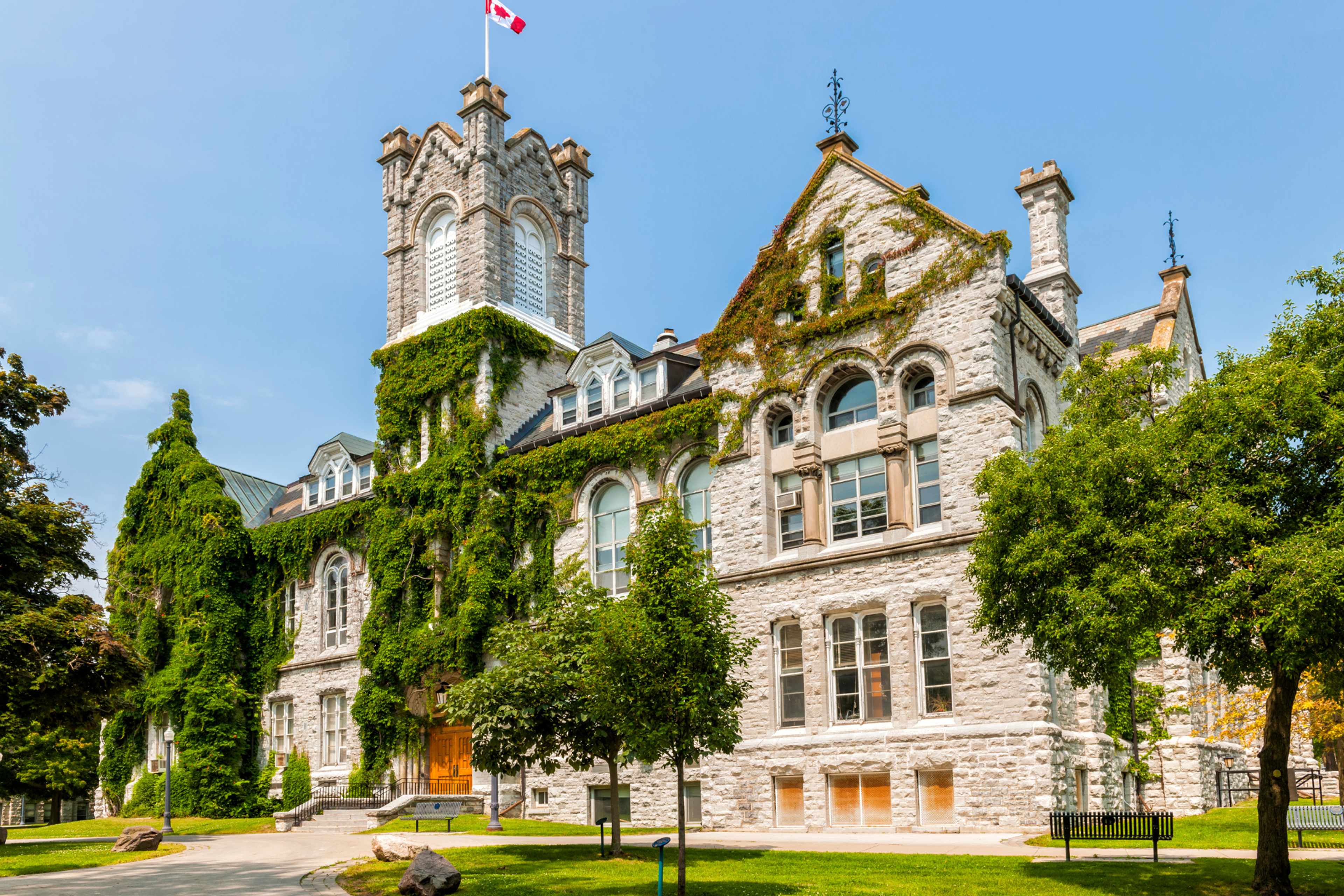
Table of Contents
Free Event

Featuring Melanie E.
How to Get a Head Start on Your MBA Application
Starting Wednesday, April 16
10:00 PM UTC · 60 minutes

Featuring Melanie E.
Canada is quickly becoming a sought-after destination for individuals who want to pursue an MBA. With its high-quality education system, diverse business landscape, and welcoming atmosphere, it's no wonder that many aspiring business leaders are considering Canadian MBA programs. In this article, we will explore everything you need to know about the best MBA programs in Canada, from the application process to the most prestigious institutions.
Getting ready to apply? Read these popular resources on the application:
- How to Write a Powerful MBA Essay—With Examples
- The MBA Application Timeline
- How to Choose an MBA Program: The Discerning Student's Guide
- MBA Resume: The Ultimate Guide (With Examples)
Why Canada for an MBA?
Canada's appeal lies in its unique combination of academic excellence, affordability, and vibrant industries. Business schools in the country are known for their innovative teaching methods, strong industry ties, and focus on experiential learning. Furthermore, Canada’s welcoming immigration policies make it easier for international graduates to gain valuable work experience through programs like the Post-Graduation Work Permit (PGWP).
Read: Top 5 Factors to Consider When Choosing an MBA Program
What to Know Before Applying to Business School in Canada
For Canadian Nationals
Canadian nationals have the advantage of familiarity with the local education system and fewer bureaucratic hurdles compared to international applicants. Here’s how you can make the most of the process:
1. Make the most of domestic scholarships and other funding options
Most Canadian business schools offer scholarships specifically for Canadian residents. These can be merit-based, need-based, or tied to specific industries (e.g., healthcare, tech). Before applying, check if your province has grants or scholarships for graduate education. For example, Ontario students may qualify for the Ontario Graduate Scholarship (OGS).
Make sure to apply as early as possible for school-specific scholarships to increase your chances of landing funding.
For more resources see: MBA Financial Aid: How to Pay for Business School
2. Use your local networks
Attend information sessions hosted by schools to get direct insights into the programs, and to show the programs your genuine interest in attending.
Reach out to alumni via LinkedIn or alumni networks to ask about their experiences and application tips — these will prepare you to write better essays and have better answers for your interview, but will also help you actually make the most of your time in business school.
If you’re considering moving to a different province, research the job market there and its alignment with your post-MBA goals. You can also use available online data like employment reports to make sure that you're attending a business school that will set you up for success.
3. Highlight your unique Canadian experience
Many business schools value applicants who understand and can navigate the Canadian business landscape. Showcase internships, work experience, or volunteer roles that demonstrate your understanding of local industries.
If you have bilingual skills (English and French), emphasize this in your application — it’s an asset in Canada’s diverse job market.
For Foreigners
1. Understand immigration requirements
Ensure you meet the language proficiency requirements. Most schools accept TOEFL or IELTS, and some also require proof of French proficiency if you’re applying to a bilingual program.
For visas/permits, you’ll want to look into the Study Permit process and the Post-Graduation Work Permit (PGWP). For the former, you’ll need an acceptance letter from a designated learning institution, proof of financial support, and a medical exam in some cases. The latter is what allows you stay and work in Canada after completing your degree.
2. Tailor your application to the Canadian market
The big question you need to answer from the admissions committee is: Why does this person need to complete their MBA in Canada? Highlight international or Canadian experience that brings some kind of value to the market. Demonstrating an understanding of Canada’s existing and emerging industries can also benefit you here.
3. Plan for cultural and financial adjustments
Research the cost of living in your target city. For example, Vancouver and Toronto are among Canada’s most expensive cities, while Kingston or Edmonton may be more affordable. Attending webinars or online forums hosted by Canadian business schools can be a great way to get insights into the cultural differences and adapting to life in Canada. Also make sure to consider additional costs like private health insurance and winter gear.
Interested in other business schools abroad? Read: Top Five International MBA Programs
The Top 10 Business Schools in Canada (2025)
Rotman School of Management (University of Toronto)
- Location: Toronto, Ontario
- Acceptance Rate: ~25%
- Highlights: Integrative Thinking curriculum combining strategy, finance, and leadership; robust internship and co-op opportunities in Toronto’s thriving business ecosystem
- Notable: Strong placement rates in consulting, finance, and tech
Rotman is Canada’s premier MBA program, located in the heart of Toronto, the country’s financial hub. Known for its innovative approach to business education, Rotman emphasizes creativity and personalized leadership development.
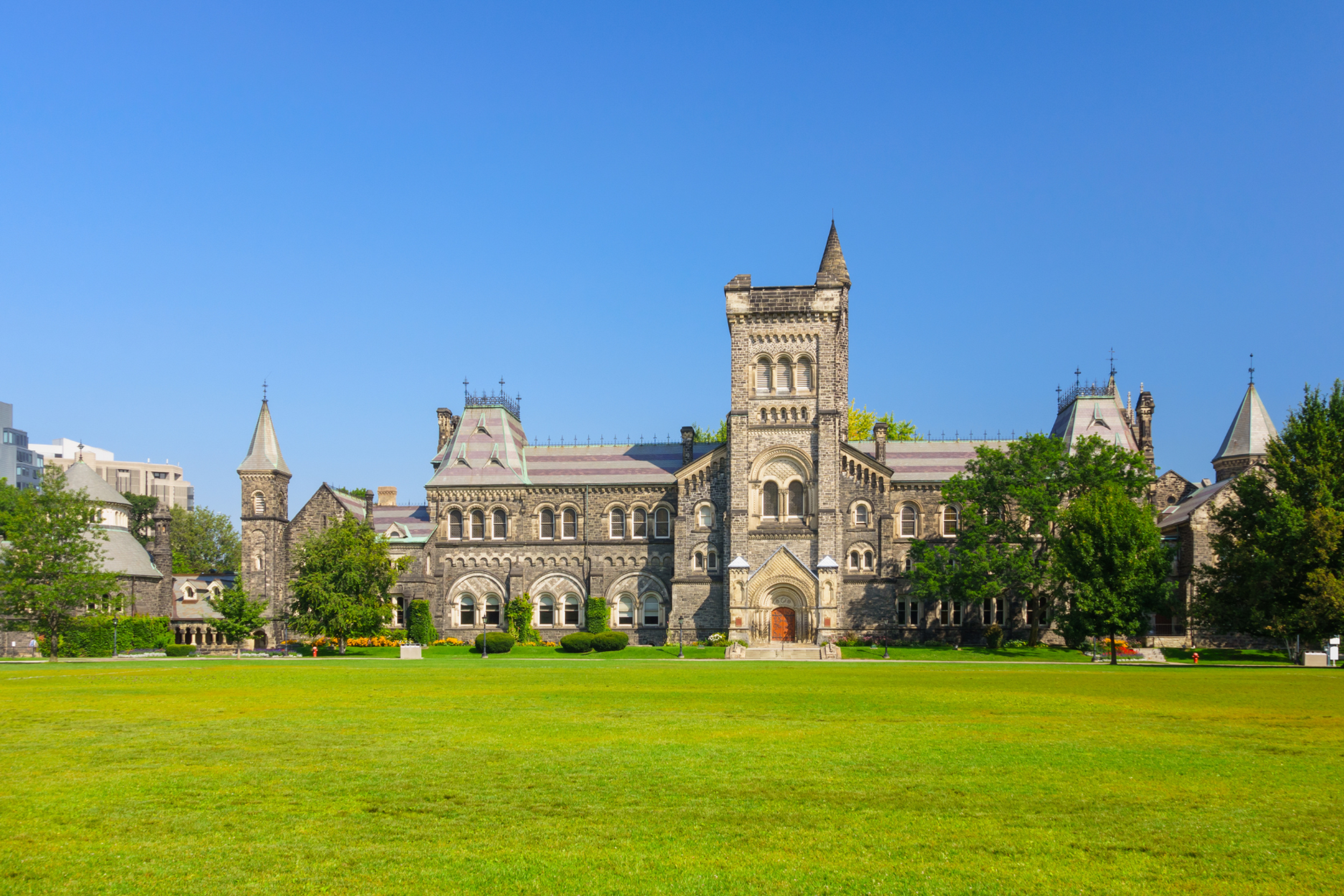
Ivey Business School (Western University)
- Location: London, Ontario
- Acceptance Rate: 8.5%
- Highlights: Focus on leadership development and decision-making; Global Ivey Leaders program for international exposure.
- Notable: Exceptional alumni network, particularly in consulting and general management
Ivey is renowned for its intensive one-year MBA program, designed for professionals seeking to accelerate their careers. The school uses a case-based teaching method to simulate real-world business challenges.
Smith School of Business (Queen’s University)
- Location: Kingston, Ontario
- Acceptance Rate: 47%
- Highlights: Unique team-based learning model; multiple specialization options, including fintech, healthcare, and entrepreneurship
- Notable: Consistently ranked #1 for student satisfaction in Canada
Smith offers a highly customizable MBA program that integrates teamwork and leadership into its core. The program emphasizes collaborative learning, supported by small class sizes.
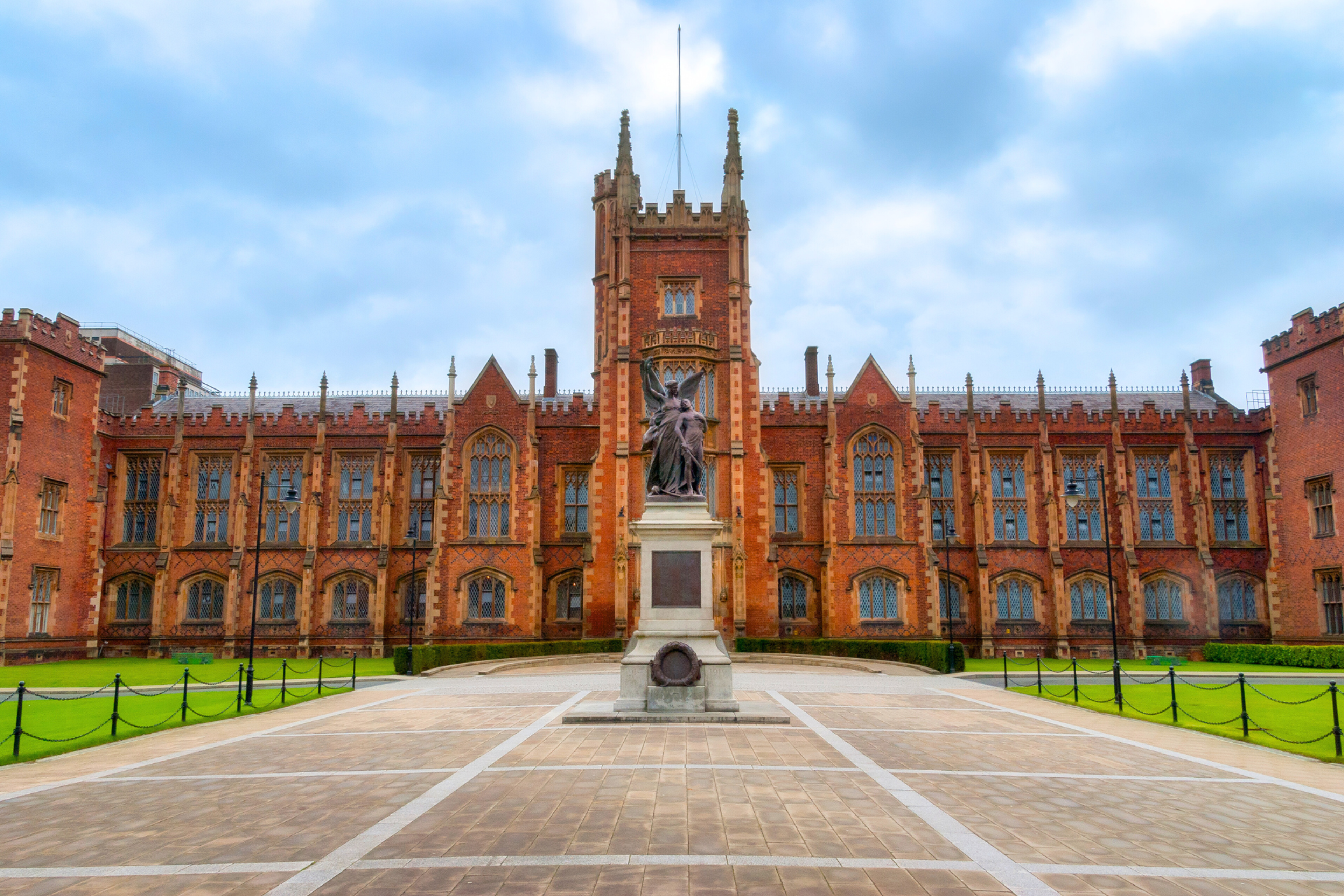
Sauder School of Business (University of British Columbia)
- Location: Vancouver, British Columbia
- Acceptance Rate: 14-17%
- Highlights: UBC MBA Innovation and Entrepreneurship track; opportunities to engage with the thriving tech sector in Vancouver
- Notable: Highly diverse student body with strong international representation
Sauder’s MBA program stands out for its focus on sustainability, innovation, and entrepreneurship. Located in Vancouver, the program provides access to a vibrant tech and start-up ecosystem.
Desautels Faculty of Management (McGill University)
- Location: Montreal, Quebec
- Acceptance Rate: 34%
- Highlights: Bilingual learning opportunities (English and French); flexible program structure with 12- and 20-month tracks
- Notable: Affordable tuition for a globally ranked program
McGill’s MBA program is globally oriented, with a focus on preparing leaders for an interconnected world. The program incorporates sustainability and ethics as key themes.
Schulich School of Business (York University)
- Location: Toronto, Ontario
- Acceptance Rate: 25-30%
- Highlights: Strong emphasis on global business, with exchange opportunities at 80+ partner schools; experiential learning through live projects and internships
- Notable: Known as “Canada’s Global Business School.”
Schulich’s MBA program offers unparalleled flexibility, with options for part-time, full-time, and accelerated study. Its specializations range from real estate and healthcare to arts and media management.
Alberta School of Business (University of Alberta)
- Location: Edmonton, Alberta
- Acceptance Rate: 21%
- Highlights: Specializations in energy, innovation, and sustainability; strong industry partnerships, particularly in Alberta's booming energy sector
- Notable: Ideal for professionals targeting roles in energy or resource management
The Alberta MBA combines academic rigor with practical experience in a collaborative environment. Its strength lies in the energy, natural resources, and tech industries.
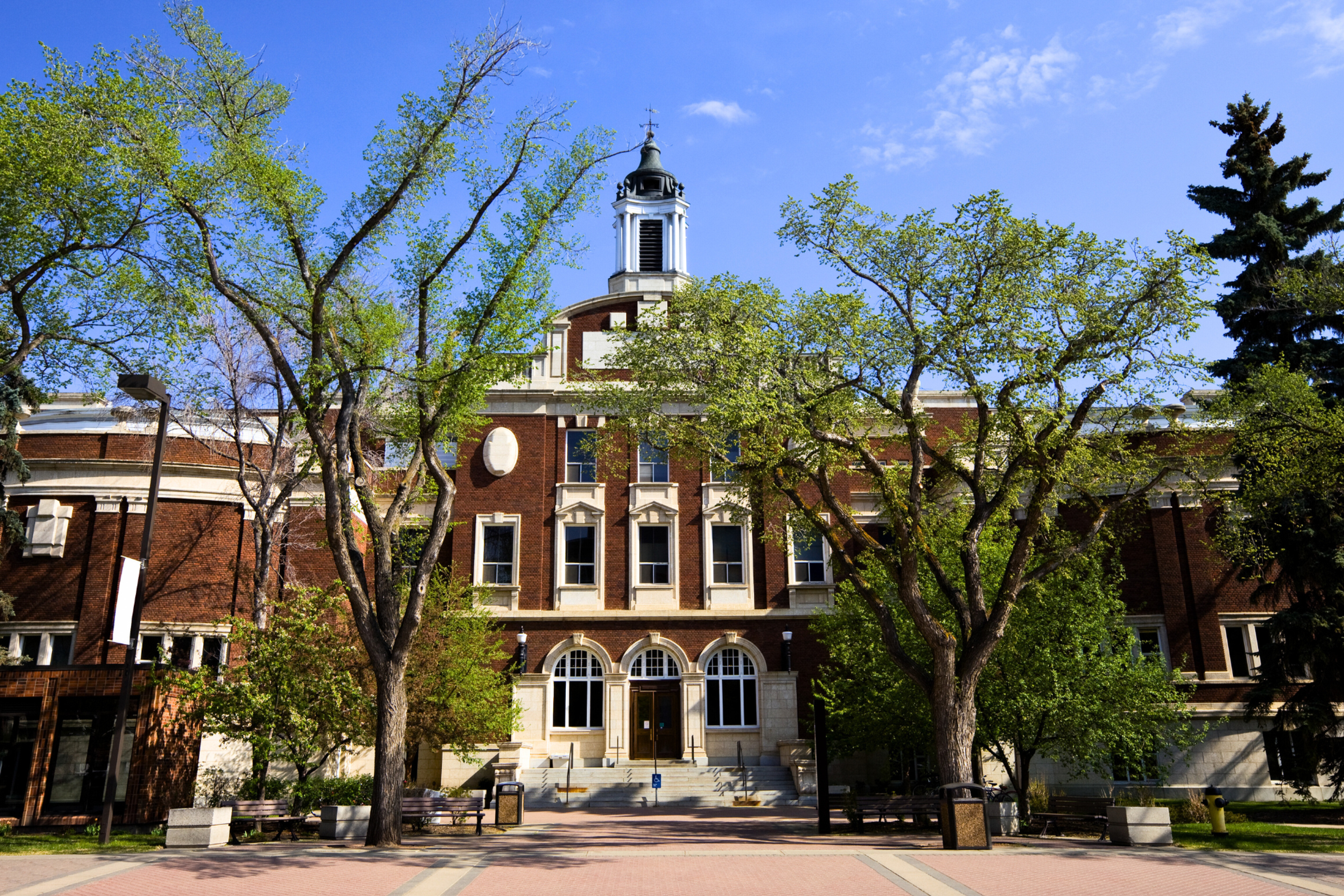
DeGroote School of Business (McMaster University)
- Location: Hamilton, Ontario
- Acceptance Rate: 63%
- Highlights: Strong focus on experiential learning through co-op placements; healthcare specialization with close ties to Hamilton’s medical industry
- Notable: Offers Canada's only MBA co-op program
DeGroote’s MBA program integrates academics with co-op opportunities, offering students valuable work experience alongside their studies.
Lazaridis School of Business and Economics, Wilfrid Laurier University
- Location: Waterloo, Ontario
- Acceptance Rate: 54%
- Highlights: Small class sizes provide a personalized and engaging learning experience; strong partnerships with tech companies in the Waterloo region; and flexible program formats, including full-time, part-time, and weekend options
- Notable: A top choice for students looking to specialize in technology management, entrepreneurship, or innovation
Lazaridis offers a dynamic MBA program designed to prepare students for leadership in the global, tech-driven economy. Located in Waterloo, Canada’s "Silicon Valley North," the program emphasizes innovation and experiential learning.
Telfer School of Management, University of Ottawa
- Location: Ottawa, Ontario
- Acceptance Rate: 50%
- Highlights: Focus on leadership and decision-making, with hands-on learning through consulting projects and business simulations; proximity to federal government agencies and international organizations in Ottawa; specializations in business analytics, innovation, and entrepreneurship
- Notable: Known for its small class sizes and personalized mentorship, making it a standout choice for students seeking individualized support
The Telfer MBA is rooted in leadership and strategic management, offering students the opportunity to study in Canada’s capital city. The program is ideal for professionals interested in government relations, public policy, or entrepreneurship.
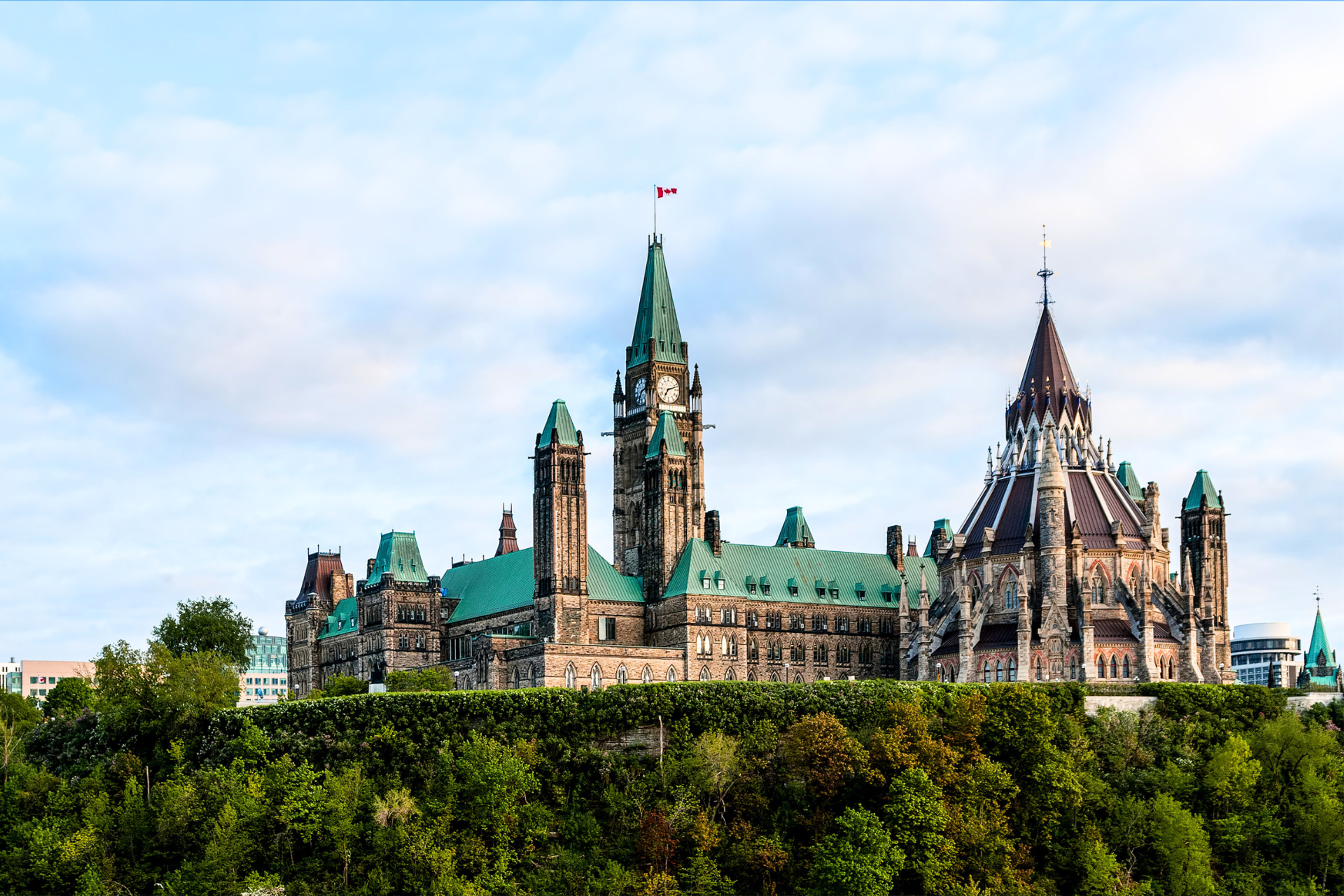
Get Into Your Target Business School With the Help of an Expert
Working with an MBA admissions consultant is the number one way to prepare a standout candidacy. Get expert guidance on every part of the business school application process, from essays to letters of recommendation, application strategy, resumes, and more. Here are some of the most popular MBA coaches, browse all of them here.
FAQs
Are Canadian MBA programs recognized internationally?
- Yes, Canadian MBA programs are highly regarded worldwide. Many Canadian business schools consistently rank among the top in international rankings, indicating their global reputation.
Do Canadian business schools offer scholarships?
- Yes, many Canadian business schools offer scholarships and financial aid to both domestic and international students. Be sure to research each institution's scholarship opportunities and application requirements.
What are the career prospects after completing an MBA in Canada?
- Graduates from Canadian MBA programs have excellent career prospects. Canada's strong economy and diverse business landscape provide ample opportunities for MBA graduates to pursue exciting careers in various industries.
Can international students work in Canada after completing their MBA?
- Yes, international students who complete an MBA program in Canada may be eligible to work in the country after graduation. The post-graduation work permit (PGWP) program allows graduates to gain valuable work experience in Canada.
How can I make the most out of my MBA experience in Canada?
- To make the most of your MBA experience in Canada, take advantage of the resources and opportunities offered by your chosen institution. Engage in networking events, internships, and extracurricular activities to enhance your skills and expand your professional networ


















